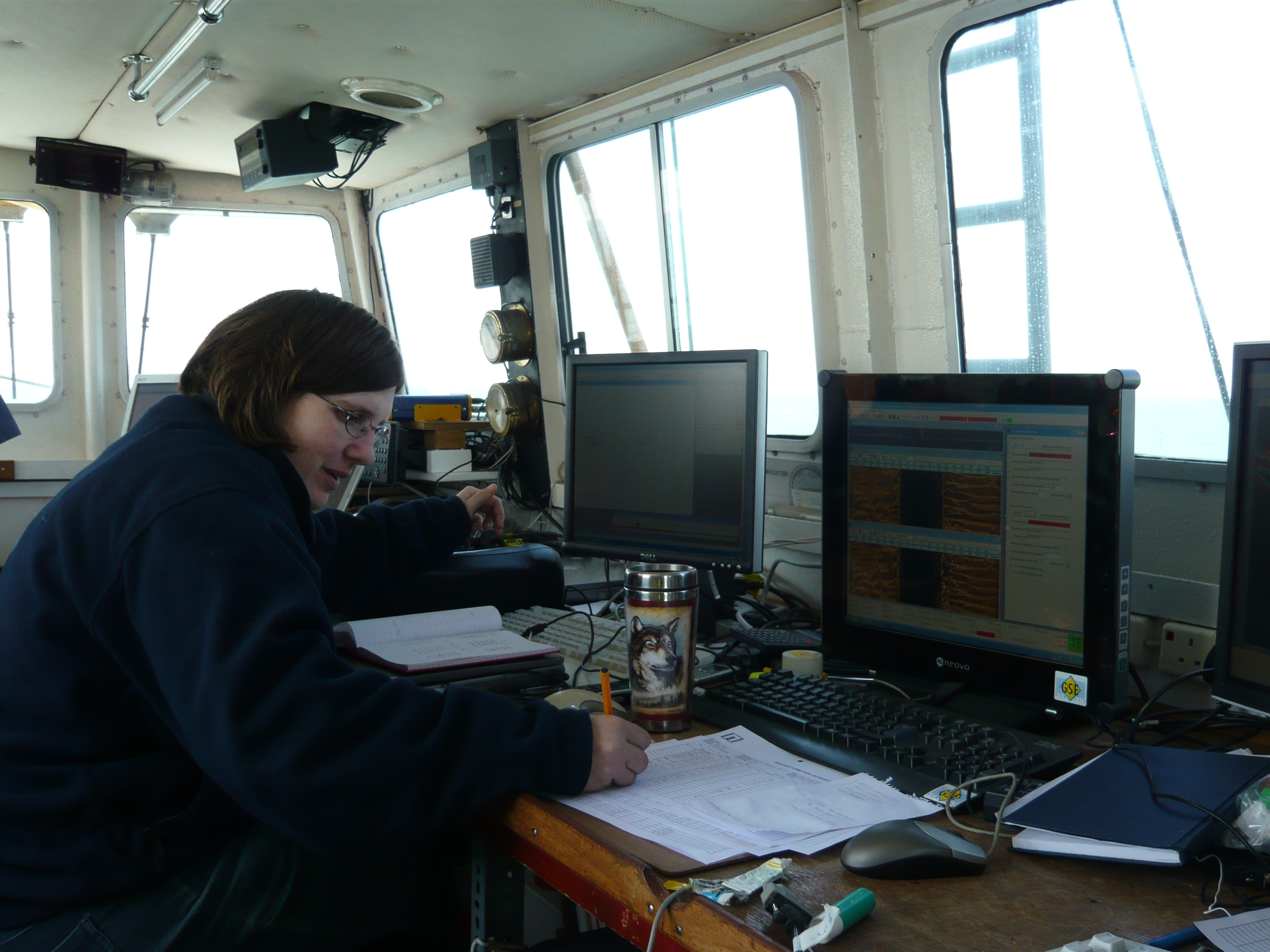All Categories
Featured
Table of Contents
Geophysicist - Job Role - Job Information in Bibra Lake Australia 2021
This work is progressively contracted out, so consultancies provide another source of employment. Consultancy firms vary in size, from very little business to large multinationals. Some consultancies are rather specialised in using specific geophysical methods or operating in specific places, while others provide a more varied series of services to their clients.
The extraction of gas from garbage dump sites is another location of employment and this may grow in the future. Expedition business may undertake work for construction firms, water business, mining business and environmental companies, so geophysicists may be used in any of these settings. Other companies include: geological surveysgovernment bodies and agenciesuniversities and research institutes.


Jobs may be listed in the oil and gas sector press. Recruitment is impacted by oil price fluctuations and the level of competition for positions varies depending upon this. Professions Days, which cover the complete variety of geoscience professions and are normally gone to by a variety of key industry employers, are run by The Geological Society.
How To Become A Geophysicist in Port Kennedy Australia 2021
Some of the large oil and gas business provide a complete two-year structured training program across the breadth of geophysics, consisting of the chance to experience work in different groups before specialising in one location. Your training may consist of deal with: existing wellsmagnetic and gravitational potential field data analysisresearchrock analysis. It's more normal for your initial training to be provided on the task.

There might be a probationary duration throughout which you work alongside a knowledgeable associate. Competency-based appraisals happen frequently in the majority of firms. In smaller companies, and for scholastic posts, there is unlikely to be any official training - you'll be anticipated to start work straightaway and select up abilities as you go along.
If you work for a smaller company, you may find that you need to take duty for setting up and funding your own development and training. If you have a geology degree, subscription of The Geological Society can be helpful for networking and for keeping up to date with the market.
Standard And Guidance For Archaeological Geophysical ... in Parkwood Oz 2022
You might also find it beneficial to sign up with the PESGB (The Petroleum Exploration Society of Great Britain, which has a geophysics special interest group. After a probationary duration, and once you've gotten some experience, you might advance to senior geophysicist, then team leader and then into a senior function in management.
The ease of movement in between functions depends upon the business structure. Research study at Masters or Ph, D level in a subject related to geophysics or geosciences might assist with your career advancement and progression. The work market within the oil and gas market is really depending on price and this may impact your chances for profession development.
For experienced geophysicists, freelance consultancy uses an excellent route for career development. As a geophysicist, you're likely to have several tasks throughout your working life.
Geophysical Surveying - Methods And Applications in White Gum Valley WA 2020
From geophysics, it's possible to concentrate on seismology (finishing additional training to end up being a seismic interpreter) or to move into associated areas such as engineering geology or hazard forecast.
Deciding what to study in college is a difficult option. Even if you understand that your field of interest depends on science, what program of research study is right for you? If you make the decision to major in physical and life sciences and pursue a career as a geophysicist, you're preparing for an interesting and profitable profession.
The first action to achieving your goal of becoming a geophysicist is earning a degree. Even for entry-level positions in the field of geoscience, you'll need a bachelor's degree (a geophysicist college degree) from an accredited college or university. Geophysicists need to be able to: analyze rocks, photos, and other pieces of data carry out research study both in the field and in laboratories produce maps and charts of their findings write reports To achieve all this, trainees require a specialized education for geophysicist professions.
As stated above, you'll need a bachelor's degree in geoscience or a related discipline, such as a physical science or a life sciences, to land an entry-level task. Students can also prepare by majoring in topics like: Biology Chemistry Computer system science Engineering Mathematics Physics The above geophysicist majors use a more generalized technique to a single clinical discipline, but many programs need trainees to take one or more geology course.
Latest Posts
Geophysical Surveys Definition & Meaning In Stock ... in Murdoch Oz 2023
About Environmental Geophysics in Middle Swan Aus 2022
Geophysicist Job Description in Australia 2021